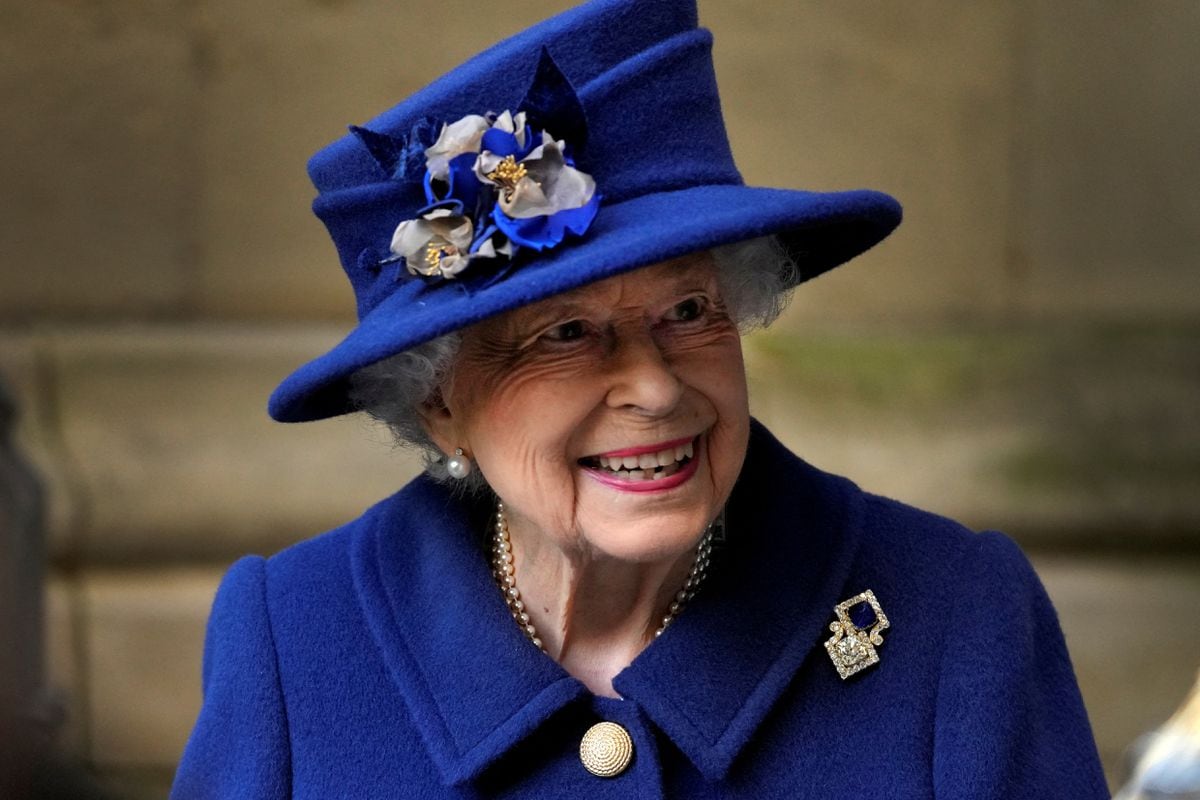May 9 One date, one more, for the long list of records broken by Elizabeth II. This Monday, the 96-year-old British woman broke her size again and became the third longest-serving monarch on the throne. 70 years and 92 days of reign reflect on him, which therefore allowed him to surpass John II of Liechtenstein in time and get a bronze medal in such matters. It was surpassed only by two kings: Bhumibol Adulyadej of Thailand, who died in 2016, and the famous Louis XIV of France. Elizabeth II would overtake the first from the right in a matter of weeks: she ruled for 70 years and 126 days, so in just a month Elizabeth II was able to get a silver medal. More complex is the fact of reaching the podium, because the famous Sun King he reigned in the seventeenth century for 72 years and just over three months. To reach that date, the queen must reign until the end of May 2024 and, therefore, be 98 years old.
The bottom line is His Majesty’s health condition is not in the best of times. His mobility is greatly reduced; in fact, there has been virtually no recording of her movements in recent months, only her arrival at the funeral of her husband, Philip of Edinburgh, held at Westminster Abbey in late March, where she was seen wielding a cane. Other than that, it’s all photos. The Queen has refused to participate in the famous party the royal family throws at Buckingham Park in late spring to raise funds for charitable causes; Carlos and Camila, along with Guillermo and Kate Middleton, will host. His mobility is so reduced that, according to a statement released by Buckingham, he will not attend the solemn opening of the British Parliament on Tuesday. A formal act that a few years ago he gave up wearing the heavy crown he used to do. But from there to disappearance there is a big difference: it only disappeared twice and more than six decades ago. It was in 1959 and 1963, pregnant with her two young children, Andrés and Eduardo.
It is this fragile health that is part of the celebration of his Platinum Jubilee, 70 years on the throne, which will be held in early June. The Queen is not for the Commonwealth of Nations sightseeing, but she is not even for visiting British countries. That is why he places his descendants in various important destinations to visit. On the long weekend from June 2 to 5, William of England and Kate, his wife, will travel to Wales; his eldest daughter, Anne of England, will be in Scotland; and his youngest son, the wise and highly regarded Edward of Wessex, and his wife, Sofia, were to visit Northern Ireland.
These visits further reinforce the message that in celebrations, as in families, the participants are a closed circle, the more. On Friday it became known that neither the queen’s third son, Andrés, who denies any relationship with pedophile Jeffrey Epstein, nor Britain’s Henry and his wife, Meghan Markle, will not be in the golden moment of celebration, greetings from Buckingham balcony. Only active members and their children and, where appropriate, grandchildren will attend. After two years of chaotic reorganization of the Windsor home, the palace wants to protect a presence that reeks of scandal or waste of money (more so after millionaire Andrés’ pact with his victims, which has been kept secret; or after Enrique and Meghan’s costly reforms to a house they never use). For this reason, it has been emphasized that “after careful consideration”, the decision has limited action to day 2 to “members of the royal family carrying out official public commitments on behalf of the queen”.
Neither Andrés nor Sussex will be at Buckingham, but that doesn’t exclude them from performing in London, or attending any of the Jubilee events. Or it’s the message Enrique and Meghan want to send, that their possible presence at this celebration, something that, more than Elizabeth II, will place the focus on them and their children: Archie hasn’t set foot in England since he was a baby and Lilibet the one year old had never been to his father’s home country. After all, this is all when, after all, what the country is looking for is to lower the level of drama these two years—both generally because of the pandemic and within its royal family, with so many changes and deaths—and celebrate what would become a record. The king, who against all expectations had far surpassed his great-grandmother, Victoria, made the Elizabethan period the longest in British history.

“Internet trailblazer. Troublemaker. Passionate alcohol lover. Beer advocate. Zombie ninja.”







